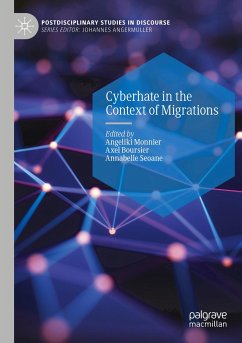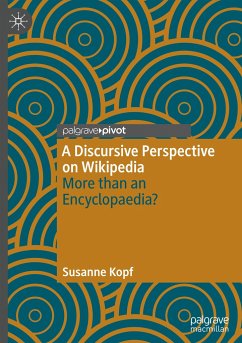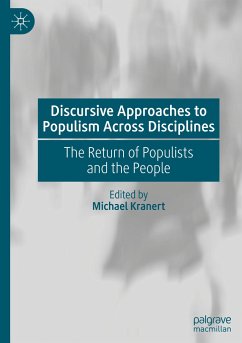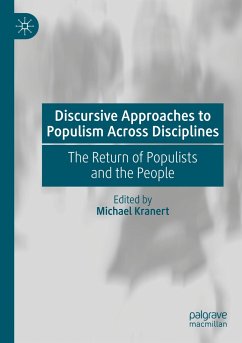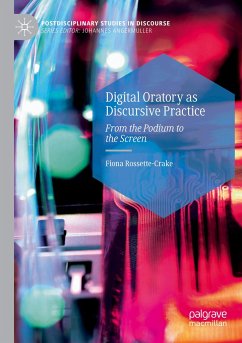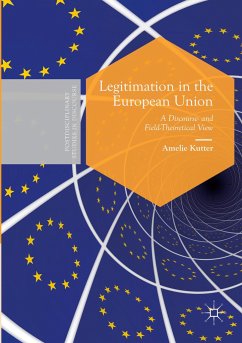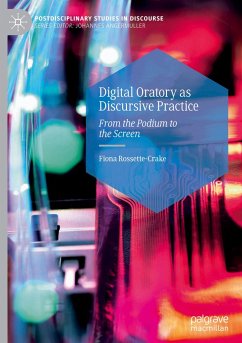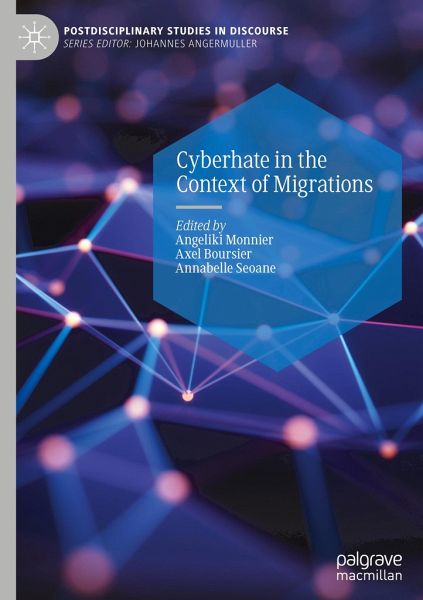
Cyberhate in the Context of Migrations

PAYBACK Punkte
53 °P sammeln!
This edited book takes an interdisciplinary approach to shed light on the complex dynamics involved in the incidence of online hate speech against migrants in user-generated contexts. The authors draw on case studies from Finland, France, Germany, Italy, Poland and the UK, bringing together qualitative and quantitative analyses on user-generated online comments. The authors argue that online hate speech against migrants must be understood as a symptom of a representation crisis on migration, which can only be fully perceived through the study of the complex linguistic, interactional and connec...
This edited book takes an interdisciplinary approach to shed light on the complex dynamics involved in the incidence of online hate speech against migrants in user-generated contexts. The authors draw on case studies from Finland, France, Germany, Italy, Poland and the UK, bringing together qualitative and quantitative analyses on user-generated online comments. The authors argue that online hate speech against migrants must be understood as a symptom of a representation crisis on migration, which can only be fully perceived through the study of the complex linguistic, interactional and connective processes within which it emerges. They focus on representations and shared meanings, community building and otherness, and delve into the role of network ecosystems in the process of the construction of public problems. This book will be of interest to undergraduate and post-graduate students as well as academics working on hate speech and migration studies in a variety offields, and can also contribute to improving research protocols for automated analyses and detections of online hate speech.





